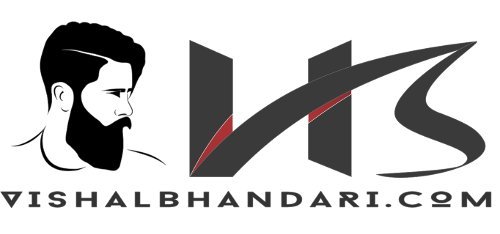- C++ is one of the predominant languages for the development of all kind of technical and commercial software.
- C++ was developed by Bjarne Stroustrup, as an extension to the C language.
- A Cross-platform language that can be used to create high-performance applications.
- It is a simple general-purpose programming language
- It is developed as an enhancement of the C language to include object-oriented paradigm.
- It is an imperative and a compiled language.
- C++ is a middle-level language rendering it the advantage of programming low-level (drivers, kernels) and even higher-level applications (games, GUI, desktop apps etc.).
- The basic syntax and code structure of both C and C++ are the same.
- ++ of C++ is incremental operator to tell that C++ is incremental to C.
- C++ introduces Object-Oriented Programming, not present in C. Like other things, C++ supports the four primary features of OOP: encapsulation, polymorphism, abstraction, and inheritance.
- C++ got the OOP features from Simula67 Programming language.
- A function is a minimum requirement for a C++ program to run.(at least main() function)
- C++ gives programmers a high level of control over system resources and memory.
- The language was updated 3 major times in 2011, 2014, and 2017 to C++11, C++14, and C++17.
Language Features
- Simple: It is a simple language in the sense that programs can be broken down into logical units and parts, has a rich library support and a variety of data-types.
- Machine Independent but Platform Dependent: A C++ executable is not platform-independent (compiled programs on Linux won’t run on Windows), however they are machine independent.
- Mid-level language: It is a mid-level language as we can do both systems-programming (drivers, kernels, networking etc.) and build large-scale user applications (Media Players, Photoshop, Game Engines etc.)
- Rich library support: Has a rich library support (Both standard ~ built-in data structures, algorithms etc.) as well 3rd party libraries (e.g. Boost libraries) for fast and rapid development.
- Speed of execution: C++ programs excel in execution speed. Since, it is a compiled language, and also hugely procedural. Newer languages have extra in-built default features such as garbage-collection, dynamic typing etc. which slow the execution of the program overall. Since there is no additional processing overhead like this in C++, it is blazing fast.
- Pointer and direct Memory-Access: C++ provides pointer support which aids users to directly manipulate storage address. This helps in doing low-level programming (where one might need to have explicit control on the storage of variables).
- Object-Oriented: One of the strongest points of the language which sets it apart from C. Object-Oriented support helps C++ to make maintainable and extensible programs. i.e. Large-scale applications can be built. Procedural code becomes difficult to maintain as code-size grows.
- Compiled Language: C++ is a compiled language, contributing to its speed.
Why Use C++
- C++ is one of the world’s most popular programming languages.
- C++ can be found in today’s operating systems, Graphical User Interfaces, and embedded systems.
- C++ is an object-oriented programming language which gives a clear structure to programs and allows code to be reused, lowering development costs.
- C++ is portable and can be used to develop applications that can be adapted to multiple platforms.
- C++ is fun and easy to learn. C++ is close to C# and Java, it makes it easy for programmers to switch to C++ or vice versa
Applications of C++
- Operating Systems & Systems Programming. e.g. Linux-based OS (Ubuntu etc.)
- Browsers (Chrome & Firefox)
- Graphics & Game engines (Photoshop, Blender, Unreal-Engine)
- Database Engines (MySQL, MongoDB, Redis etc.)
- Cloud/Distributed Systems






